What is Actilyse 50mg Alteplase 50mg?
Actilyse contains alteplase, a tissue plasminogen activator (tPA). It is a prescription medicine used to dissolve blood clots in certain serious conditions.
What is the use of Actilyse?
Actilyse is used to treat:
-
Acute ischemic stroke (to restore blood flow to the brain)
-
Acute myocardial infarction (heart attack)
-
Pulmonary embolism (clot in the lungs)
It helps break down clots quickly, improving survival and recovery.
Benefits of Actilyse:
✅ Rapid clot dissolution
✅ Restores circulation to affected tissues
✅ Reduces damage during stroke or heart attack
✅ Improves outcomes when given promptly
Side Effects of Actilyse:
Like all medicines, Actilyse can cause side effects. Common and serious ones include:
-
Bleeding (internal or external)
-
Low blood pressure
-
Nausea, vomiting
-
Allergic reactions
-
Bruising at injection site
Severe bleeding is the most significant risk. Close monitoring in a hospital is required.
Important Information:
-
Prescription only – to be administered by trained healthcare professionals.
-
Should be given as soon as possible after symptom onset for best results.
-
Not suitable for everyone; medical evaluation is essential before use.
-
What is Actilyse used for?
Actilyse is used to dissolve blood clots in acute ischemic stroke, heart attack (myocardial infarction), and pulmonary embolism. -
How does Actilyse work?
It activates plasminogen to plasmin, which breaks down fibrin in clots, helping restore blood flow. -
How is Actilyse administered?
It is given as an intravenous infusion by healthcare professionals in a hospital setting. -
How soon should Actilyse be given after stroke symptoms appear?
Ideally within 4.5 hours of stroke symptom onset for maximum effectiveness. -
What are the main benefits of Actilyse 50mg Alteplase 50mg?
Rapid clot breakdown, improved blood flow, reduced tissue damage, and better recovery outcomes. -
What are the common side effects of Actilyse?
Bleeding, low blood pressure, nausea, vomiting, bruising, and in rare cases, allergic reactions. -
Can Actilyse cause severe bleeding?
Yes. Serious bleeding, including intracranial hemorrhage, is a known risk and requires close monitoring. -
Who should not receive Actilyse?
Patients with active bleeding, recent major surgery, severe uncontrolled hypertension, or history of hemorrhagic stroke. -
Is Actilyse the same as a blood thinner?
No. It is a thrombolytic (“clot-busting”) drug, not a blood thinner like heparin or warfarin. -
Can Actilyse be used in children?
It is generally not recommended in pediatric patients except under specialist advice. -
How long does the effect of Actilyse last?
Its clot-dissolving action starts quickly, but bleeding risk can persist for hours after administration. -
Can Actilyse be used in all types of stroke?
No. It is only used for ischemic strokes caused by clots, not for hemorrhagic strokes (bleeding in the brain). -
Does Actilyse require any special monitoring?
Yes. Continuous monitoring of vital signs, neurological status, and bleeding risk is essential. -
What precautions should be taken before using Actilyse?
A brain scan (CT/MRI) is performed to rule out bleeding, and medical history is carefully reviewed. -
Can Actilyse be given with other medications?
Some medicines, like anticoagulants, can increase bleeding risk. Always inform your doctor about all treatments you are taking.

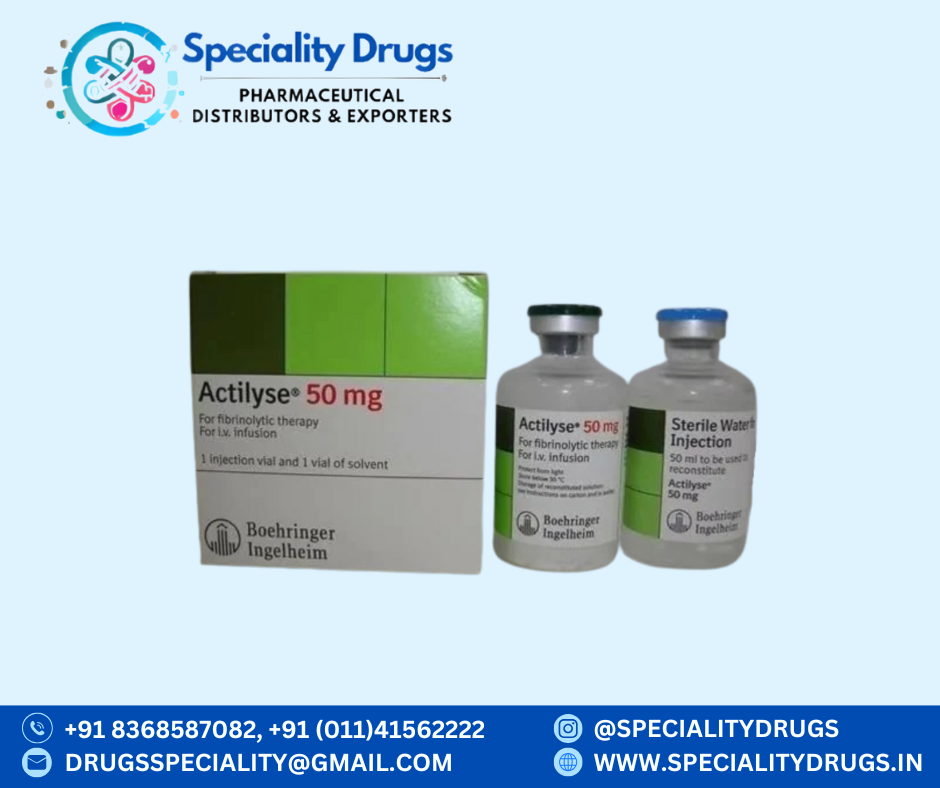
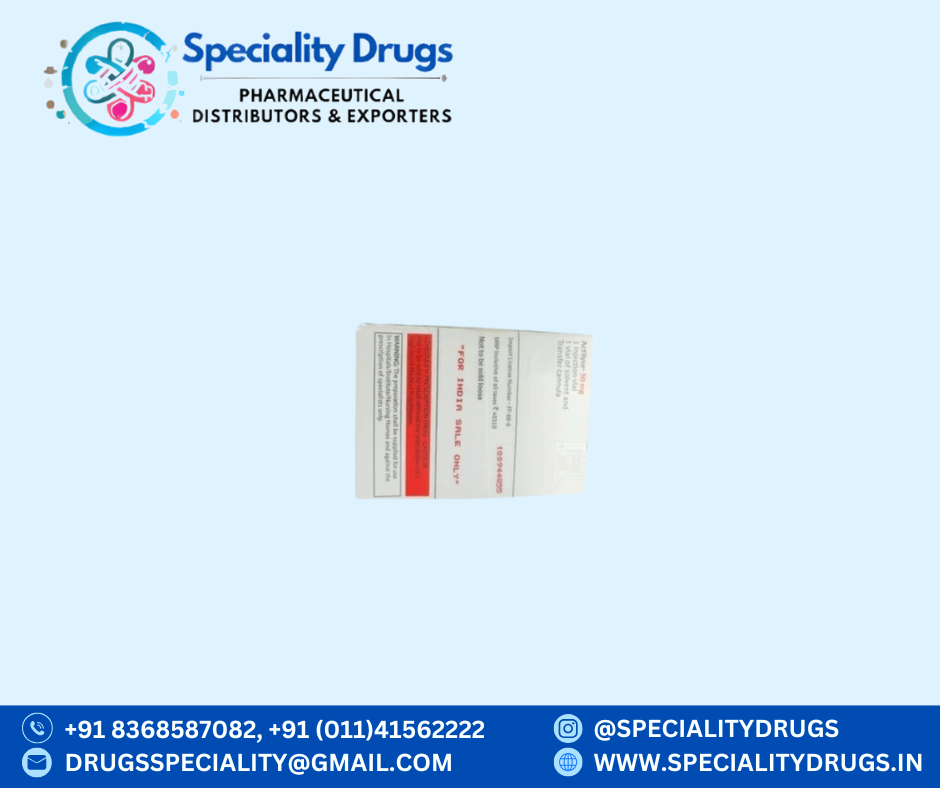

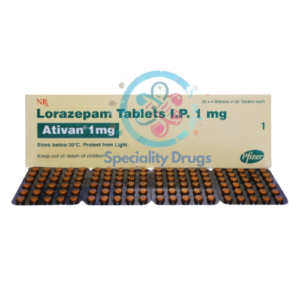
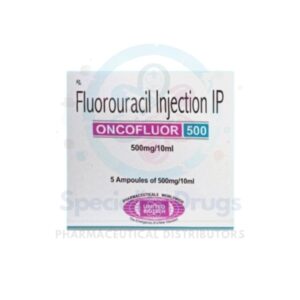
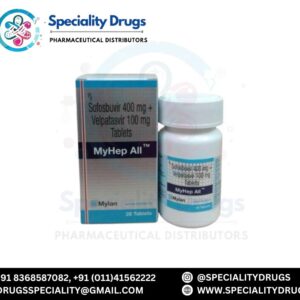
Reviews
There are no reviews yet.